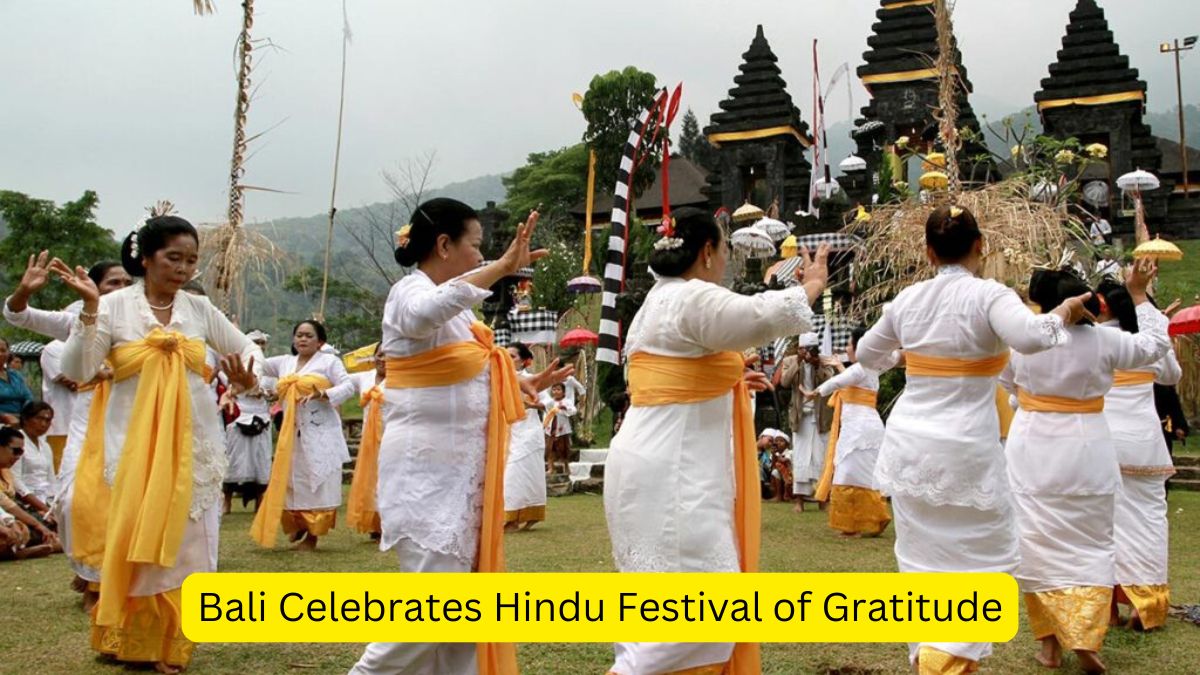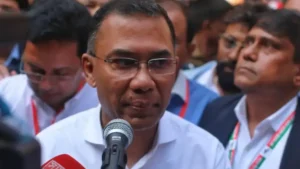Bali is home to a rich cultural heritage that blends Hindu philosophy, local animist traditions, and Buddhist influences. One of the most important cultural events in Bali is the Ngusaba Goreng, a two-week-long Thanksgiving festival celebrating a rich harvest. Central to the festival are sacred dances like Rejang Dewa and Rejang Pucuk, which are performed by girls who have not yet reached puberty. These rituals embody the deep spiritual connection between the Balinese people, their heritage, and the divine.
Ngusaba Goreng Festival
- A two-week-long thanksgiving celebration for a rich harvest.
- “Ngusaba” translates to the “gathering of gods and goddesses.”
- A central feature of Balinese Hinduism, which blends Hindu philosophy with local animist and Buddhist traditions.
Rejang Dewa and Rejang Pucuk
- Rejang Dewa: A sacred dance performed during specific religious occasions.
- Rejang Pucuk: Another important form of Rejang, celebrated on a separate day.
- Both dances are reserved for girls who have not yet reached puberty, believed to symbolize purity.
Role of Young Girls
- Only pre-pubescent girls, such as Ketut Nita Wahyuni, are chosen to perform these dances.
- The belief is that the girls are “pure” and thus capable of offering the dance as a form of devotion to the gods.
- Participation begins when the girl loses her first tooth, marking the beginning of her role in religious rituals.
Cultural Significance
- The dances are considered a spiritual offering to the gods and an essential part of Balinese religious life.
- Young girls, like Wahyuni, play a vital role in preserving the community’s customs and linking the present generation with past traditions.
Family Involvement
- Wahyuni’s father, Nyoman Subrata, is the traditional chief of Geriana Kauh village and takes pride in his daughter’s participation.
- The rituals are a family affair, with mothers like Kadek Krisni preparing headdresses and flowers, as well as guiding their daughters through the ceremony.
- Krisni herself recalls performing similar rituals during her childhood, underscoring the family’s ongoing commitment to these sacred practices.
Balinese Hinduism
- Balinese Hinduism plays a central role in these rituals, incorporating local beliefs alongside influences from Indian Hinduism and Buddhism.
- The faith is deeply rooted in community and spiritual connection, with rituals designed to maintain harmony between the people and their gods.
| Summary/Static | Details |
| Why in the news? | Bali Celebrates Hindu Festival of Gratitude |
| Event | Ngusaba Goreng Festival |
| Purpose | A thanksgiving festival for a rich harvest, honoring gods and goddesses |
| Key Dances | Rejang Dewa and Rejang Pucuk |
| Eligibility for Dancers | Performed by girls who have not reached puberty, symbolizing purity |
| Belief | Girls are considered pure to offer the dance as a form of devotion to the gods |
| Cultural Significance | The dances are a vital part of Balinese Hinduism, blending local animist and Buddhist influences |
| Balinese Hinduism | Combines Hindu philosophy, local animist traditions, and some Buddhist influence |



 World Health Organization Prequalifies N...
World Health Organization Prequalifies N...
 India Hosts First BRICS Sherpas Meeting ...
India Hosts First BRICS Sherpas Meeting ...
 Tarique Rahman Set to Lead Bangladesh? B...
Tarique Rahman Set to Lead Bangladesh? B...








